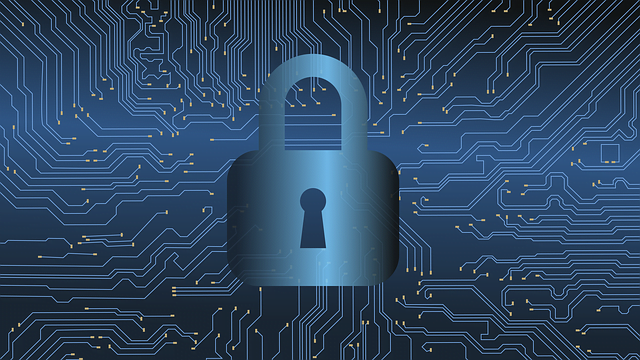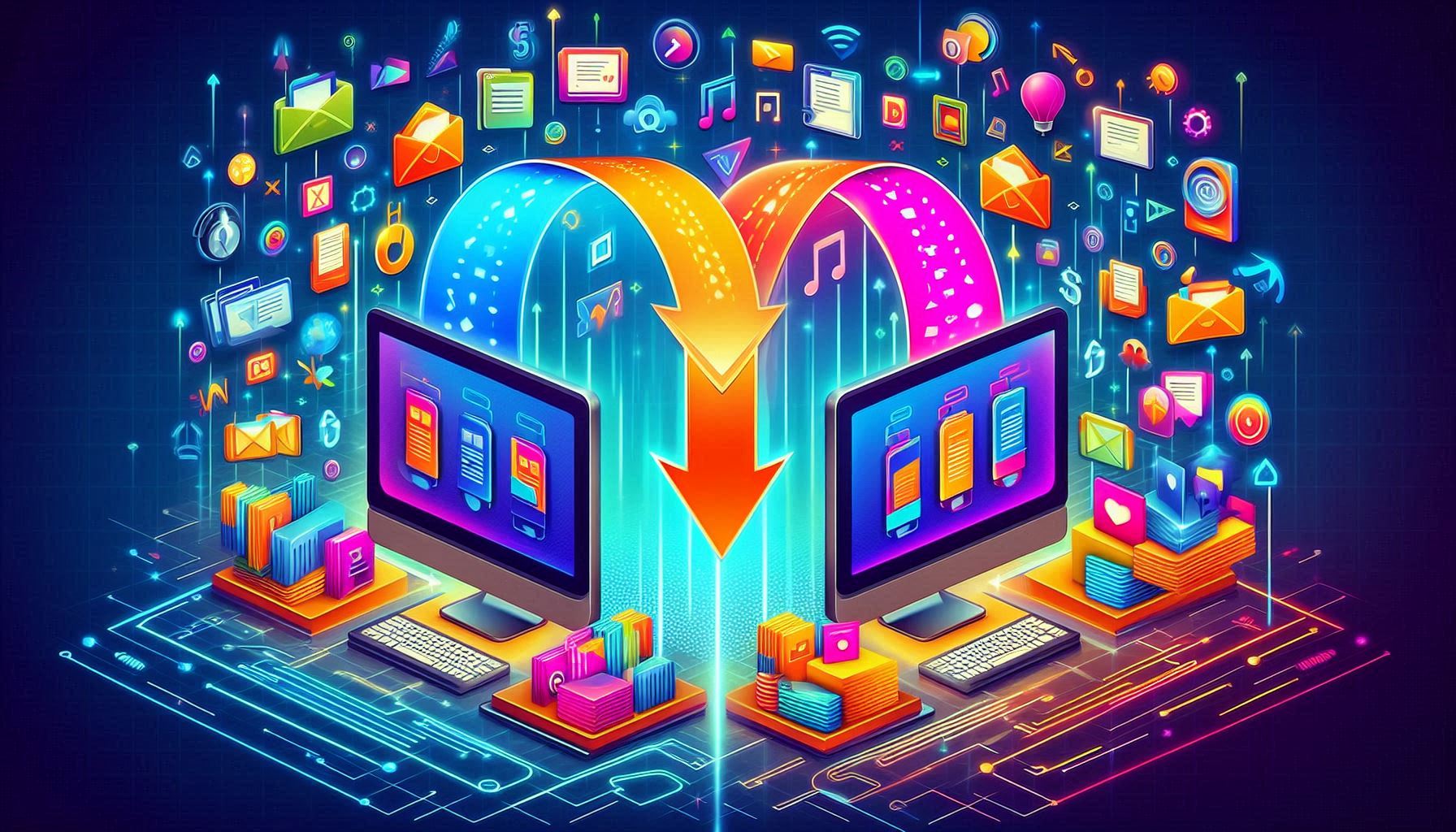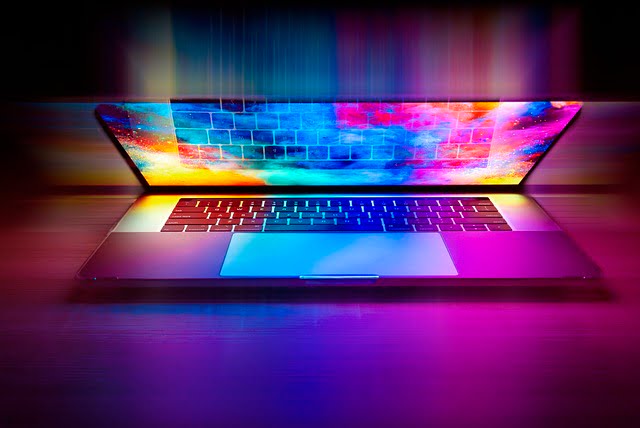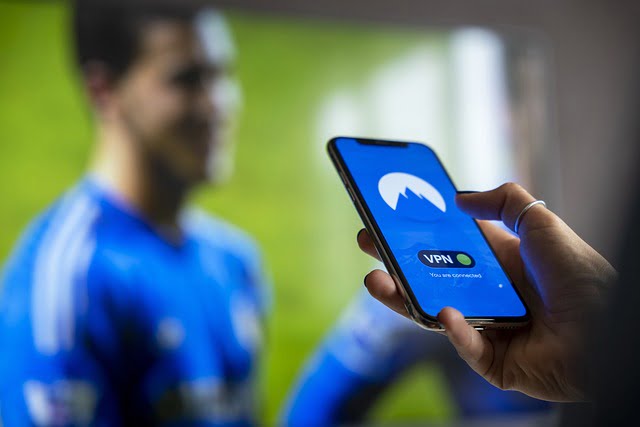Why Should I Use a VPN?

In today’s digital age, the internet is an integral part of our daily lives. From shopping and banking to socializing and working, we rely on the web for almost everything. However, this increased connectivity comes with its own set of challenges and risks, including privacy concerns, security threats, and censorship issues. This is where a Virtual Private Network, or VPN, comes into play. In this blog post, we’ll explore why you should consider using a VPN to enhance your online experience.
1. Protect Your Privacy
One of the primary reasons to use a VPN is to safeguard your privacy. When you connect to the internet through a VPN, your IP address is hidden, making it difficult for websites, advertisers, and even your Internet Service Provider (ISP) to track your online activities. This means you can browse the web more anonymously, without leaving a digital footprint.
2. Enhance Your Security
VPNs provide an additional layer of security by encrypting your internet connection. This is particularly important when using public Wi-Fi networks, which are often unsecured and vulnerable to cyberattacks. With a VPN, your data is encrypted, making it much harder for hackers to intercept and steal your sensitive information, such as login credentials, financial details, and personal communications.
3. Access Restricted Content
Geographical restrictions can be a major hindrance when trying to access certain websites or streaming services. Many platforms, such as Netflix, Hulu, and BBC iPlayer, offer different content based on your location. By using a VPN, you can bypass these geo-restrictions and enjoy a wider range of content. Simply connect to a server in the desired country, and you’ll be able to access the content as if you were physically there.
4. Avoid Censorship
In some countries, the government imposes strict internet censorship, blocking access to social media, news websites, and other online services. A VPN can help you circumvent these restrictions by routing your traffic through servers in other countries, allowing you to access a free and open internet. This is particularly valuable for journalists, activists, and anyone living in or traveling to regions with heavy censorship.
5. Secure Remote Work
As remote work becomes increasingly common, ensuring the security of your company’s data is paramount. VPNs provide a secure way for remote workers to connect to their company’s network, protecting sensitive information from potential breaches. This is essential for maintaining the confidentiality and integrity of corporate data, especially when accessing it from different locations and devices.
6. Prevent Bandwidth Throttling
ISPs sometimes intentionally slow down your internet speed based on your online activities, such as streaming or gaming. This practice, known as bandwidth throttling, can be frustrating and disrupt your online experience. Using a VPN can help prevent throttling by encrypting your traffic, making it harder for your ISP to monitor and control your internet usage.
7. Maintain Online Anonymity
By masking your IP address and encrypting your data, a VPN helps you maintain a high level of anonymity online. This is particularly beneficial for individuals who need to conduct sensitive research, such as journalists or activists, without revealing their identity. A VPN ensures that your online activities remain private and secure.
8. Avoid Price Discrimination
Did you know that some online retailers and service providers display different prices based on your location? This practice, known as price discrimination, can lead to you paying more for the same product or service just because of where you are browsing from. With a VPN, you can change your virtual location and potentially find better deals by appearing as if you’re browsing from a different region.
9. Improve Connection Speeds
In some cases, using a VPN can actually improve your internet speed. By connecting to a server in a less congested area, you can bypass network congestion and enjoy a smoother online experience. This is particularly useful for activities that require a stable and fast connection, such as streaming, gaming, or video conferencing.
Conclusion
In conclusion, using a VPN offers a myriad of benefits, from protecting your privacy and enhancing your security to bypassing geo-restrictions and avoiding censorship. Whether you’re concerned about your online safety, looking to access a broader range of content, or simply wanting to maintain your anonymity, a VPN is a valuable tool that can significantly improve your online experience. So, if you haven’t already, consider investing in a reliable VPN service and take control of your digital life today.
Loading newsletter form...






